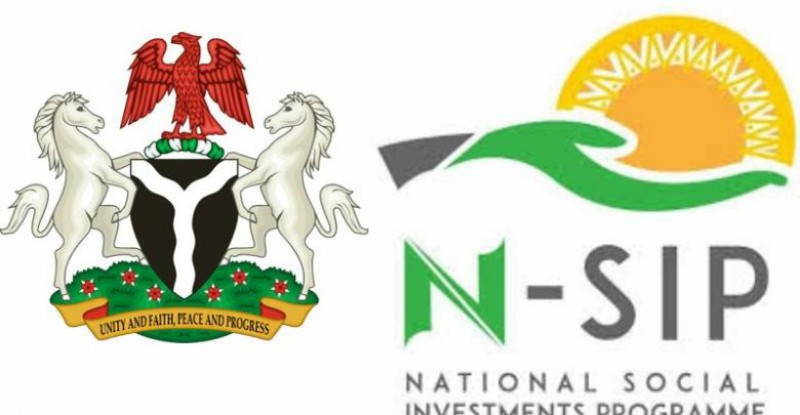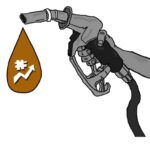The National Coordinator and Chief Executive Officer of the National Social Investment Programme Agency (NSIP), Mrs Halima Shehu, has explained why the poverty level in Nigeria has not been reduced despite billions of naira sunk in the programme.
The federal government has launched several social investment programmes aimed at pulling Nigerians out of poverty.
But there are complaints that these programmes have failed to address poverty despite gulping billions of naira.
Speaking on Wednesday, when he appeared before the Senate for screening, Halima said poverty still persists in the country because none of the programmes have been implemented logically.
New NAHCON chair resumes, seeks cooperation to ease hajj
Correctional service dismisses 2 personnel, sanctions 35 others
Mrs Shehu, whose appointment as NSIP national coordinator was confirmed by the Senate, said, “I will like to let you know that there are four components of the social investment programmes, each targeting a different type of group.
“The programmes are structured, and they have a design, but unfortunately none of them has been taken into their logical conclusion. It is only when all of the components of the programme have been taken to their logical conclusion that you will find the impacts on households.
Senate President Godswill Akpabio said the social investment programmes were too complicated to the extent that even lawmakers were confused.
“I don’t know whether the programme or programmes were intentionally designed to be complicated enough to confuse citizens because this is the first time I am hearing that within the programme is embedded the one known as livelihood.
“So, the entirety of the programme will have to be reviewed,” he said.

 Join Daily Trust WhatsApp Community For Quick Access To News and Happenings Around You.
Join Daily Trust WhatsApp Community For Quick Access To News and Happenings Around You.


